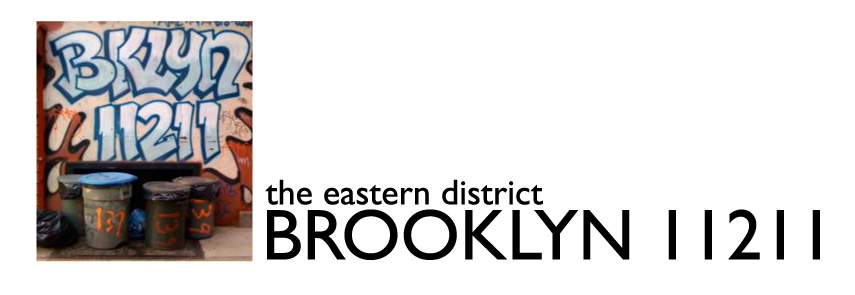Judge Grants Injunction on Broadway Triangle
State Supreme Court Judge Emily Goodman has granted a preliminary injunction that bars the City from moving forward with the development of affordable housing in the Broadway Triangle area. The suit, brought by the NY Civil Liberties Union, Brooklyn Legal Services Corporation A, Emery Celli Brinckerhoff & Abady and the Broadway Triangle Community Coalition, alleges that the City’s 2006 rezoning of Broadway Triangle violates the Federal Fair Housing Act, in that it would increase racial segregation in the neighborhoods surrounding the Broadway Triangle. Judge Goodman, in granting the injunction, ruled that the “plaintiffs had demonstrated the likelihood that they would succeed at trial on the merits of the case” (in other words, the case itself has not yet been litigated).
The Broadway Triangle rezoning covers a small swath of land north of Flushing Avenue and west of Broadway. The area that the City rezoned lies within Community Board 1, but borders directly on CB3. Most of the area that was rezoned is privately owned, but a number of City-owned parcels were set aside for the development of affordable housing. 50% of that affordable housing would be set aside for residents of CB1 (such set-asides are standard in the City). The plaintiffs contend that because Williamsburg (CB1) is predominantly white (about 60% according to the evidence presented by the plaintiffs), and Bedford-Stuyvesant is predominantly (77%) black, that the set aside would perpetuate and increase the racial segregation between the two neighborhoods. A demographer retained by the plaintiff found that only 3% of residents in the new housing would be black.
The plaintiffs’ argument – accepted by Judge Goodman – is that the City is required under Federal law to conduct an analysis on the racial impact of all rezonings. Judge Goodman wrote in her ruling that there “can be no compliance with the Fair Housing Act where defendants never analyzed the impact of the community preference”.
The issues on which the injunction was issued are ones that (to my recollection) never came up during the protracted fight over the Broadway Triangle rezoning, and certainly never came up in any of the other large and small rezonings in North Brooklyn that were enacted by the City over the past decade. On the merits, it stands to reason given the demographics of the two neighborhoods that the set aside would favor whites applying for affordable housing. But many other rezonings have created (or could create) “dramatic racial disparities”.
As NYCLU’s press release notes, this ruling has implications far beyond Broadway Triangle:
This decision puts the city is clearly on notice: When it proceeds to develop housing – whether in the Broadway Triangle or anywhere else – it must evaluate the potential impact on segregation and develop projects that include the entire community and will create more integrated neighborhoods.
So the bigger question is, how does this effect other rezonings (past and future)? Is a racial analysis required for all housing types (affordable and market rate)?

Just do me a favor and keep writing such trhnecant analyses, OK?